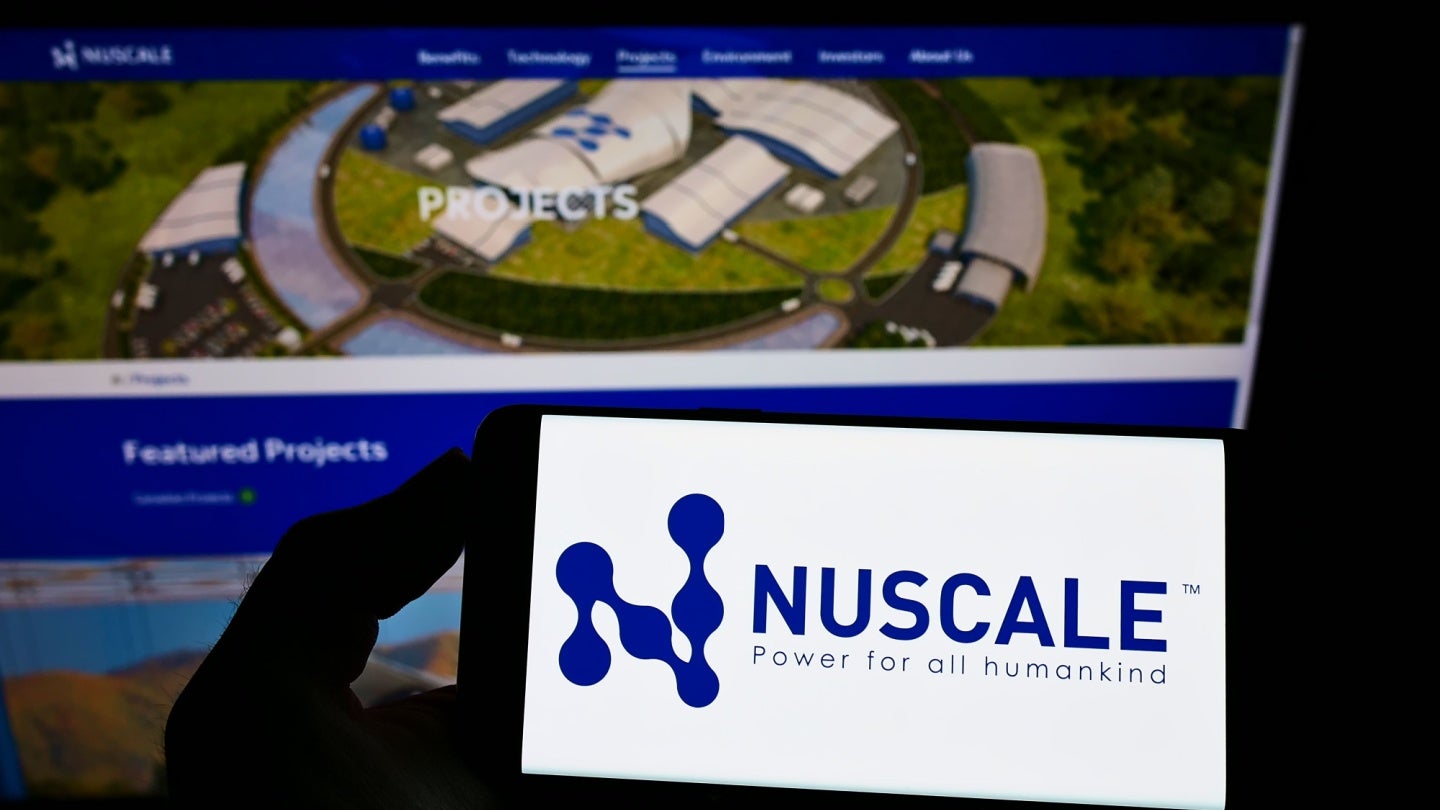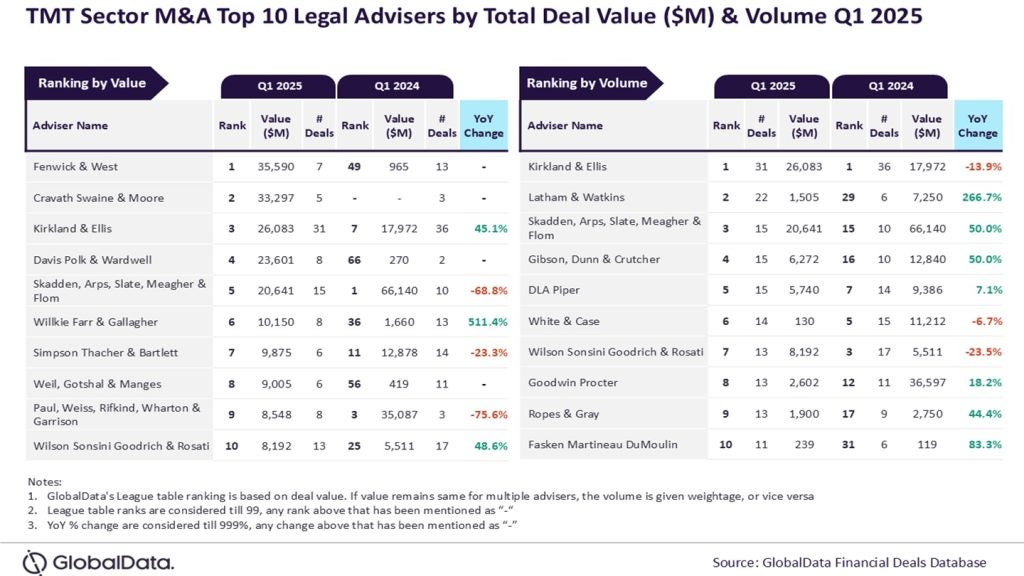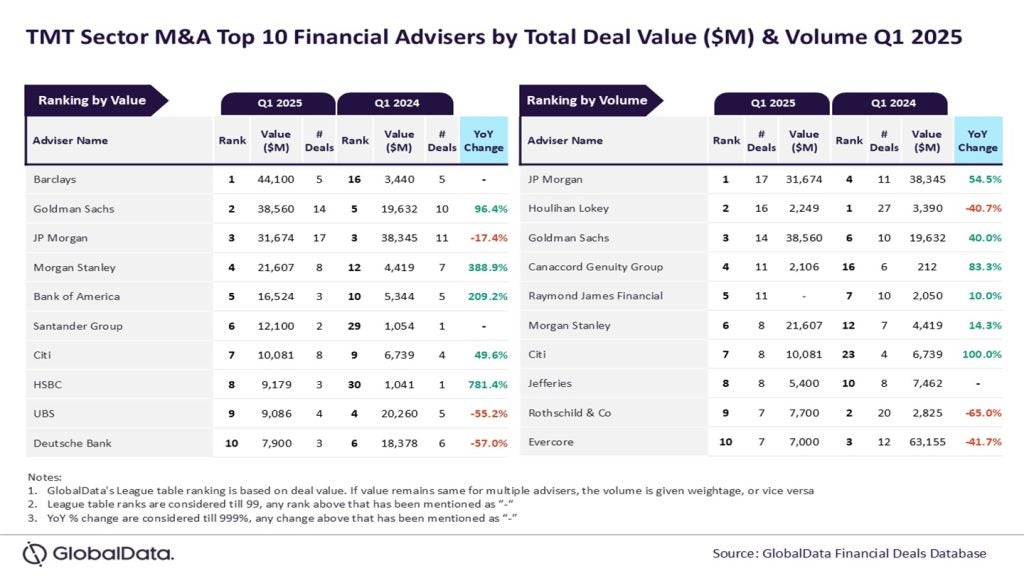In early September 2024, Oracle announced that it is planning to build a gigawatt-scale data centre powered by three small modular nuclear reactors (SMRs).
Equinix, one of the largest operators of data centres, which tech companies use for cloud and AI services, made a $25m pre-payment to Oklo, a nuclear power company, for power from SMRs.
SMRs are fun-size versions of large nuclear fission plants – they can come pre-built and are delivered on the back of a lorry. The site they operate on is no larger than a football field. Large companies with high energy demands can buy a dedicated SMR rather than buy SMR power indirectly through a power company.
Demand for SMRs
According to GlobalData’s power plants database, more than 200 SMRs have been ordered so far, many by corporates. Other tech companies buying SMRs include Standard Power, another data centre operator. Dow, a large chemicals company, has also put in an order.
NuScale, one of the early developers of SMRs, is targeting Big Tech. On its website it says SMRs are the ideal solution for AI, adding: “As the leader in small modular reactor technology, we are ready to meet the rapidly growing power needs of data centres and AI.” Alongside NuScale, the top SMR developers so far have been Last Energy, GE Hitachi, and X Energy. These companies have all secured orders for their SMRs.
Many of the SMRs that have been ordered are expected to be in place before 2030, helping companies that buy them to meet their 2030 targets.
Big Tech companies have set ambitious goals for their carbon emissions, with many aiming to be completely carbon-neutral by 2030. The benefits are not just on emissions, but also energy security. SMRs can provide a consistent power output and protect power-hungry companies from global energy shocks.
Microsoft backs fusion
Microsoft wants to be carbon-negative by 2030, but it has gone a step further than SMRs and has already put in an order for power from a nuclear fusion reactor.
Helion, which hopes to deliver a workable fusion reactor by 2028, has agreed to supply a modest 50MW to Microsoft. The privately owned company has received financial backing from the likes of OpenAI CEO Sam Altmann. It was one of several fusion startups that have made breakthroughs in developing fusion and raised funding from venture investors.
Other such startups include Commonwealth Fusion Systems, Zap Energy, and Generalfusion. New developments in fusion suggest that this futuristic source of power may not be too far away.
Traditional large scale models
More traditional large-scale nuclear fusion is also providing the odd investment opportunity.
In September, Microsoft financed the restart of the Three Mile Island nuclear reactor, a large nuclear fission plant that shut down in 2019.
Expect more companies, mainly from tech but also other energy-intensive sectors, to start putting in more orders for SMRs, and do not be surprised if a few large data centres and industrial sites start to adopt localised fusion reactors in the not-too-distant future.








